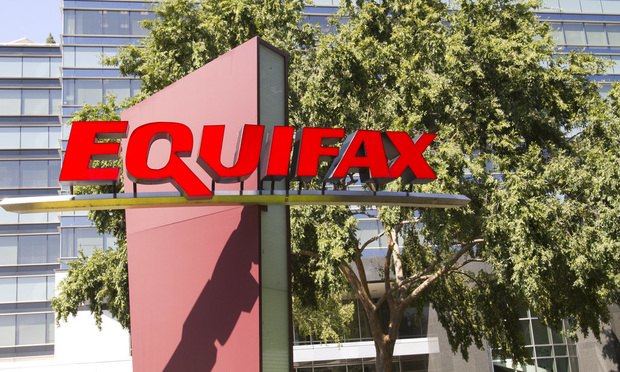 Equifax headquarters, Atlanta. Photo: John Disney
Equifax headquarters, Atlanta. Photo: John Disney
Lawyers representing three Native American tribes have filed a motion to create a separate discovery track in the Equifax data breach litigation for Indian tribal governments.
The motion was filed Friday by J. Nixon Daniel of Beggs & Lane in Pensacola and T. Roe Frazer of Frazer Law in Nashville, who represent the Fond du Lac Band of Lake Superior Chippewa in Minnesota, and two Wisconsin tribes, the Red Cliff Band of Lake Superior Chippewa and the St. Croix Chippewa Indians of Wisconsin.
The motion mimics a landmark amicus brief by 448 tribes opposing dismissal of lawsuits brought by Native American tribes over the opioid crisis. Both Daniel and Frazer signed the brief in the opioid case, and the Ohio federal judge handling the multidistrict litigation is allowing tribal lawsuits to proceed separately from litigation by cities and counties against opioid companies.
“There can be no question that Indian tribes make up a unique category of litigants in the instant litigation,” the attornets wrote in the Equifax motion. “For tribes, the Equifax data breach is another challenge in a series of external threats challenging the tribes’ sovereignty and their unique culture of governance and ways of life.”
The 2017 breach against Atlanta-based Equifax affected more than 146 million customers, compromising their Social Security numbers, driver’s license numbers and credit card numbers.
The motion for the separate track comes after Chief Judge Thomas Thrash of the U.S. District Court for the Northern District of Georgia refused to dismiss the bulk of the Equifax case, calling the breach “unprecedented.” Thrash has separated the MDL into two discovery tracks: one for consumers and one for financial institutions. The next status conference is April 3.
The tribal motion also follows a request by Chicago last year to establish a separate discovery track for government enforcement actions. In 2017, Chicago sued Equifax, which removed the case to federal court. Massachusetts and San Francisco also sued Equifax, but their cases remain in state courts outside the MDL. On Feb. 15, Puerto Rico joined Chicago’s motion.
Among the reasons cited for establishing an Indian tribal government track is the fact that Native Americans, many of whom rely on the internet because they live far from goods and services, are vulnerable to security breaches and could suffer “greater financial hardship” since many are poor and unemployed. The motion also cited “unique legal issues” for tribal governments, such as the U.S. Constitution’s Indian tribes interstate commerce clause, which offer “unique liability and damages issues.”
“As sovereign governments, Indian tribes have the sovereign right to their own counsel, their own litigation autonomy, and their independent right to contract, including any resolution of the tribes’ claims in this litigation,” the motion said.
In a footnote, the motion notes Judge Dan Polster of the U.S. Court for the Northern District of Ohio established a similar Indian tribe track in the opioid litigation “for many of the same reasons.”
“Much of the content in this brief was taken directly from the amicus brief filing by over 400 tribes,” the lawyers acknowledged in the footnote.
